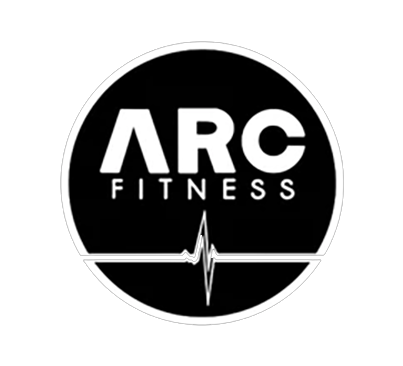No products in the basket.
Arc Fitness, Uncategorized
Teenage substance abuse – How to have ‘that’ conversation

Teenage substance abuse – How to have ‘that’ conversation
As a father to a 2 ½ year old daughter, and with my own frightful personal experience of substance abuse, the very thought of my daughter potentially engaging in substance use in the future terrifies me. Yup, Zoey is not even 3 and I’m worried about my reactions to this already.
So I can only imagine the utter fear and panic that today parents experience when they start to see signs their teenager may be abusing drugs or alcohol or have noticed them acting strangely.
I suppose the first though or reaction for the parent is one of ‘confrontation’ about their childs behaviour, I think that’s understandable, however, what if these signs were due to something else? Anxiety? Depression?
How will both YOU and THEY feel after confrontation?
Maybe you start to doubt your parenting.
“Maybe I didn’t educate them enough about drugs” or “I didn’t want to plant the seed”.
The reality is, maybe you just didn’t know HOW to talk to them about this and you don’t know how to talk to them about the changes you are seeing.
Every day is a school day, even for me, so let’s look at some of the Signs associated with teenage substance misuse and how you can successful approach and talk openly and safely about the issue.
Together we will learn how to engage in an OPEN CONVERSATION not a CONFRONTATION.
Signs to be aware of
Before you have a conversation with your teenager, let’s look at the signs that may indicate they are using substances / alcohol. Look out for:
Noticeable changes in appetite and weight
Neglecting normal responsibilities
Changes in self-care and personal hygiene
Changes in sleep patterns
Behaviour changes
Symptoms of intoxication, such as constant runny nose or sniffing, flushed face, slurred speech, bloodshot eyes, excessively tired, excessive itching, difficulty walking and controlling body movements
Dramatic mood changes
Financial problems
Have a Conversation not a Fight
If the above signs are clearly evident then it’s probably about time for you to sit down and have a real open and honest conversation. Always try to remain calm, don’t let frustration or anger get the better of you. Any therapeutic benefit will STOP if this happens and instead your teenager may clam up, get defensive, or even break down.
Firstly, listen to them. Ask them what’s going on in their life. Use open-ended questions, such as “How did you feel in that situation?” What can I do to help you?” “Can you tell me why you started using drugs?” Getting them to open up without judgment and offering support, this could be the difference between them asking for help or from running from the situation completely.
This is a delicate situation that needs real compassion and patience (that’s easy to say right?). When you talk to them, they may tell you that they don’t abuse substances or even still, appear ambivalent to using them. If this is the case this is where, as a parent, you get to reiterate your house rules about drugs and alcohol and what consequences come with those choices clearly.
Educate them in a non-patronising fashion.
In today’s society, the challenge of educating your teen about drugs is one of unlimited access to information. Your teenagers will probably have a better insight into illicit substances than you do. However, reminding them about the negative effects substance misuse reinforces the that it can cause behaviour changes, negative health issues—ones that could be life-threatening.
Again keeping those lines of communication open is really important, so they’re more willing to keeping talking with you. There are many reasons why people chose to abuse substances / alcohol, whether its peer pressure, anxiety, and depression or just wanting to experiment.
Try not to punish them.
It is so tempting to use the weapons of discipline we have as parents in an attempt to solve this problem. Giving your teenager ultimatums or punishing them for their drug abuse will inevitably send them away from you. That is the opposite of what you want.
The reality is that grounding me, taking away my possessions – phone, computer etc. did NOT stop me from using drugs or force me to quit. They need you calm without the use of threats, and they need support from you in order to get treatment if needed.
Ultimately, they need to know you love them and that all you want what’s best for them.
I hope we are never in a position to have to utilise these things, however we live in a society guided by peer pressure, desire for acceptance and access.
The key to helping is in the understanding.
Watch the Video.
